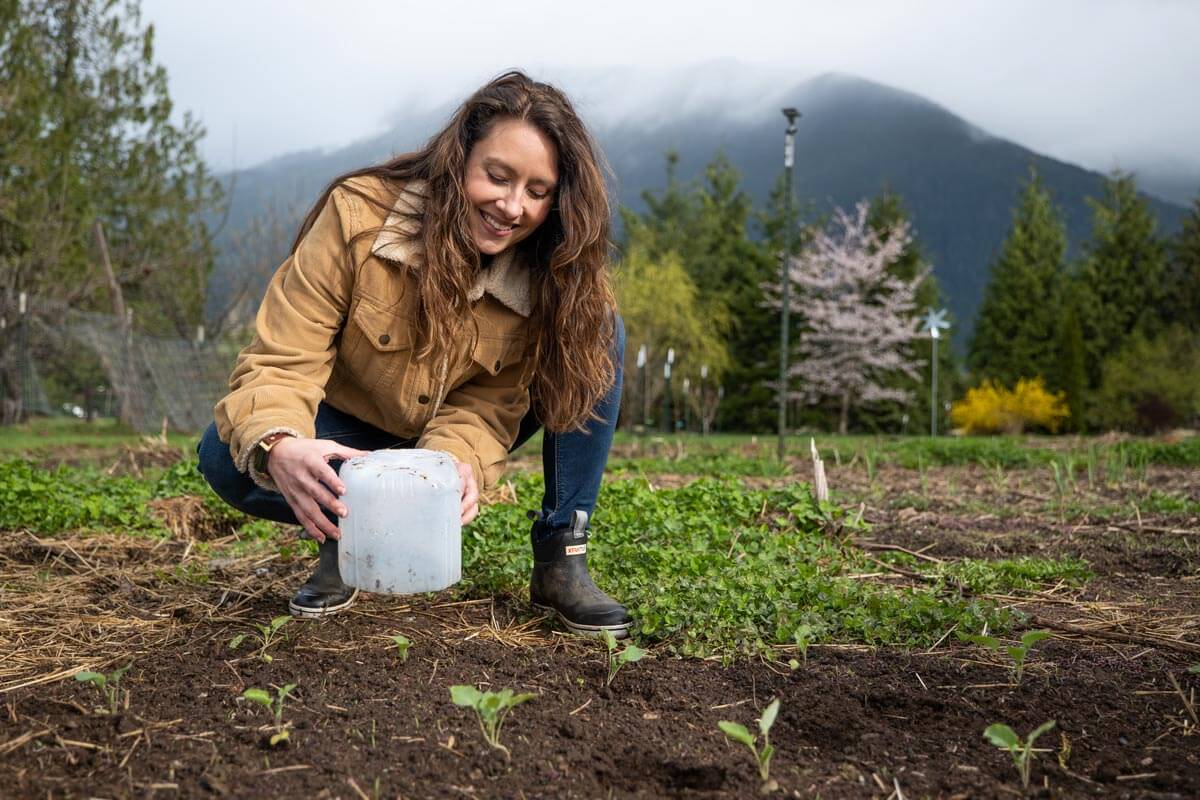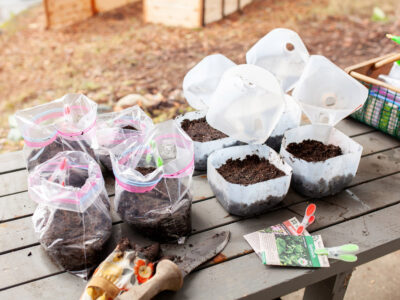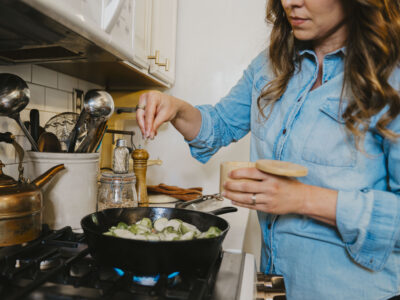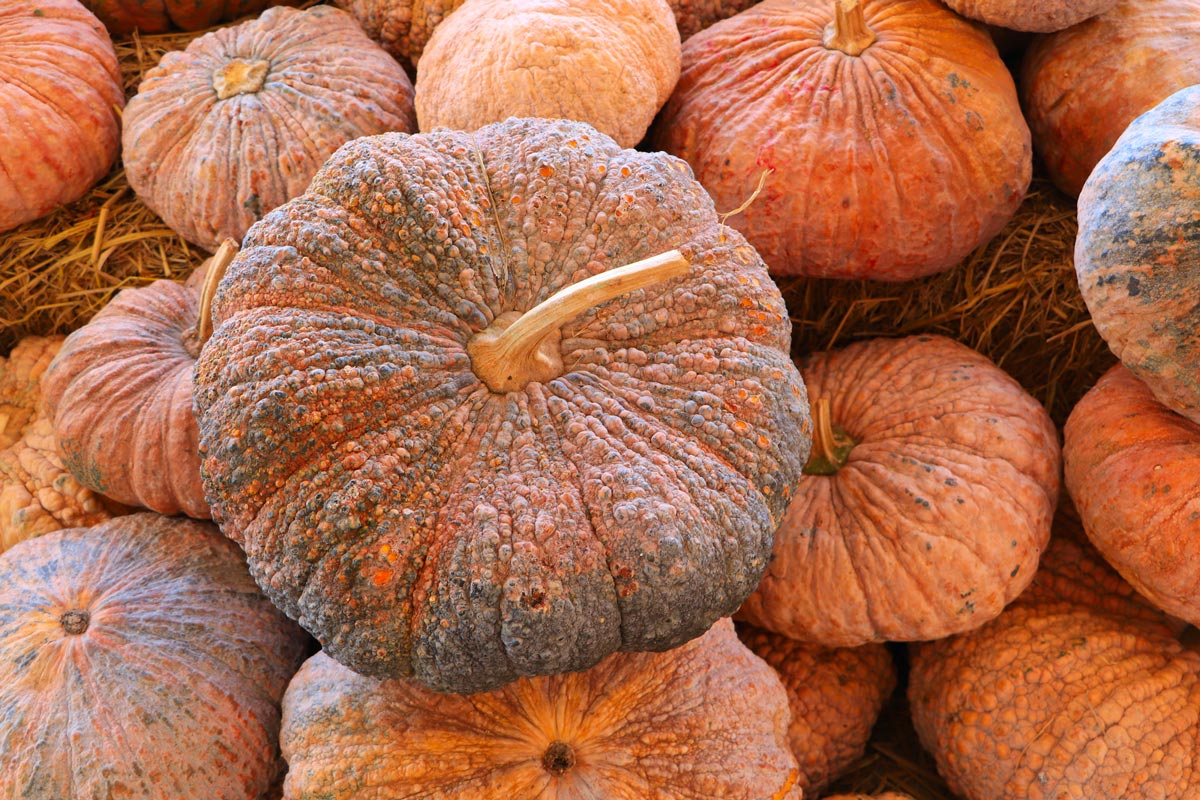Join me for this podcast series on Homesteading 101. We know countless people are joining this homesteading movement, and I would like to hold the door open and welcome you in.
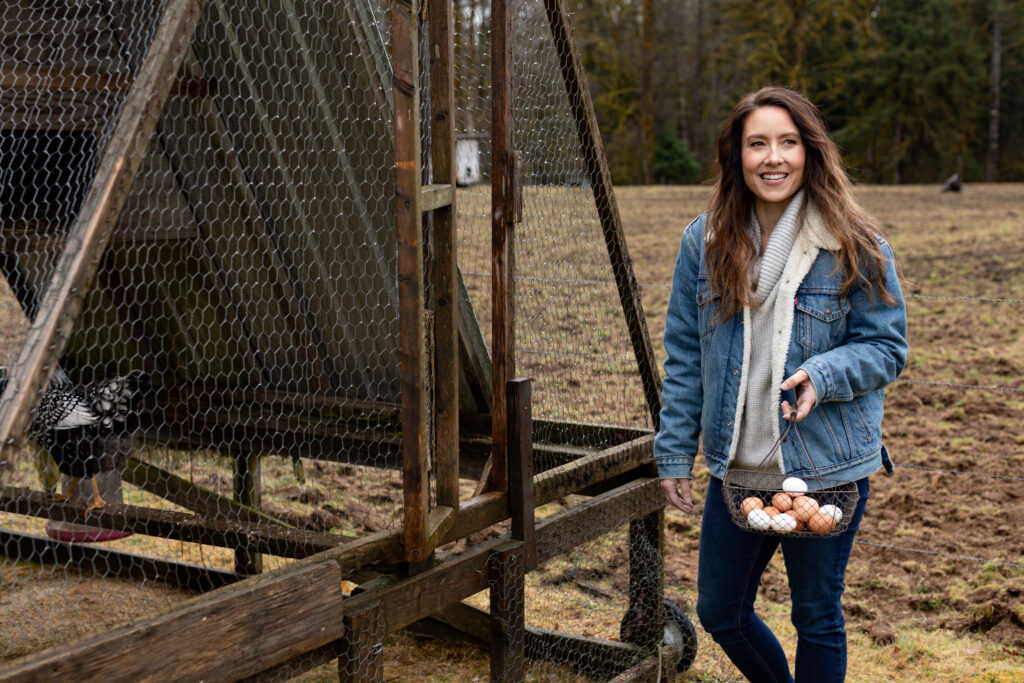
Table of Contents[Hide][Show]
🍞 Struggling With Sourdough?
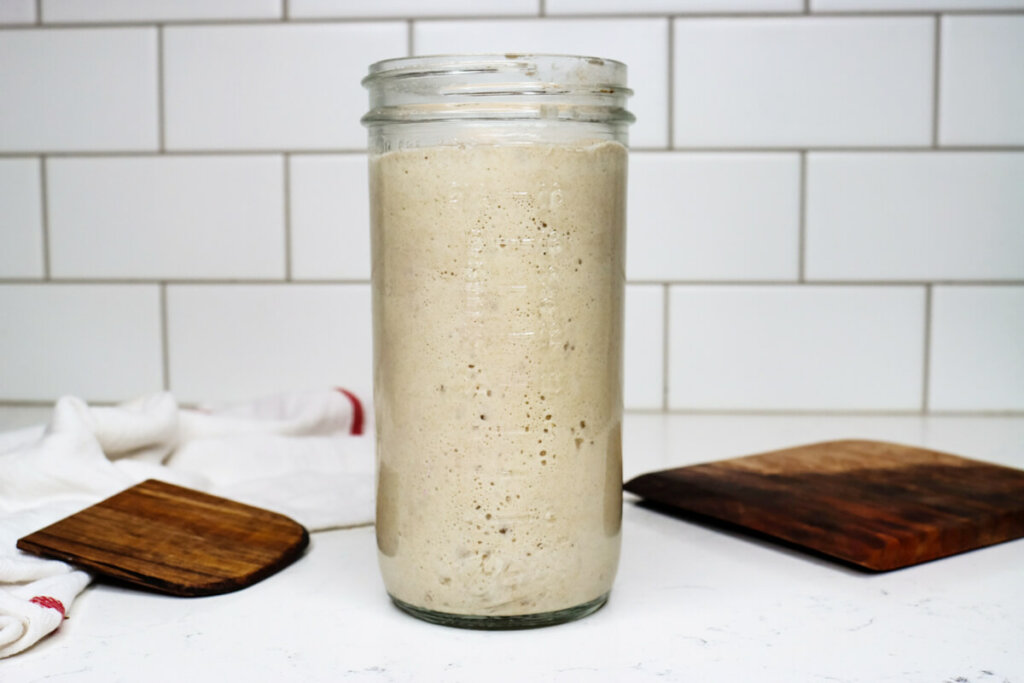
If your starter won’t take off, your loaves are dense and hard, or sourdough just flat-out overwhelms you…
👉 I’ll show you how to fix all of it.
Join my FREE workshop and learn how to make a bubbly, active starter—the right way, from Day One.
Natural Remedies Made Simple

Start your home apothecary with confidence—even if you’re brand new. Learn how to choose the right herbs for your body using the simple principles of herbal energetics.
Discover how warming, cooling, drying, and moistening herbs affect your body—so you can stop guessing and start making remedies that actually work.
How to Start a Homestead
Though this series won’t be a comprehensive step-by-step on how to start a homestead, it should help answer some of those basic questions many people have when venturing into a new aspect of homesteading.
If you’re looking for more homesteading inspiration, check out these posts:
- Homesteading Myths and Tips for Success
- Essential Homestead Skills
- Staying Prepared on a Homestead
- 5 Homesteading Skills that Will Save You Money
- Day in the Life on the Homestead
- Time Management Skills for the Homestead
- 5 Tips on How to Avoid Overwhelm on the Homestead
- What to do When Homesteading Gets Tough
Why This Series Matters
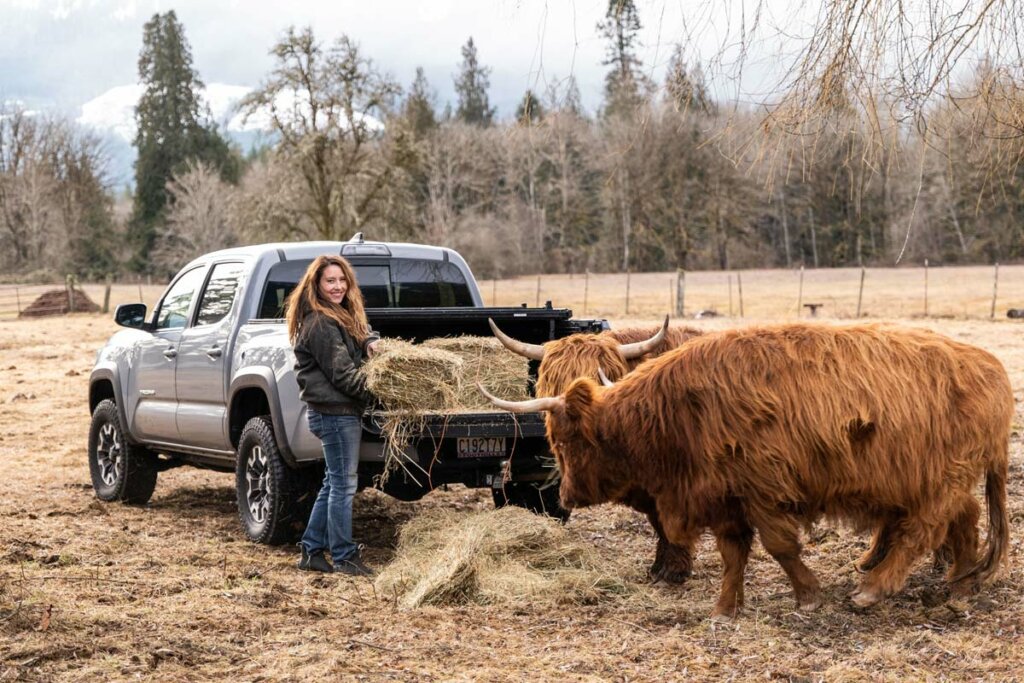
Since starting the Pioneering Today Academy back in 2016 (my homesteading membership), I have heard from hundreds of members about their homesteading struggles. Because I’ve been homesteading for 20+ years, I can forget what those first few months felt like. That’s why I love having this membership to stay connected with those just getting their feet wet.
I also love what I do because it helps me stay up-to-date with what new trends are circulating in the homesteading world. Sometimes trends are awesome… new hacks to make this homesteading life easier? Sign me up!
Then sometimes a trend isn’t so great (and can be downright harmful or costly), and I feel a sense of duty and conviction to help guide those in a better direction.
I love seeing new homesteaders sharing their day-to-day experiences. We need this homesteading passion to help remind us we’re not alone!
What to Expect in This Series
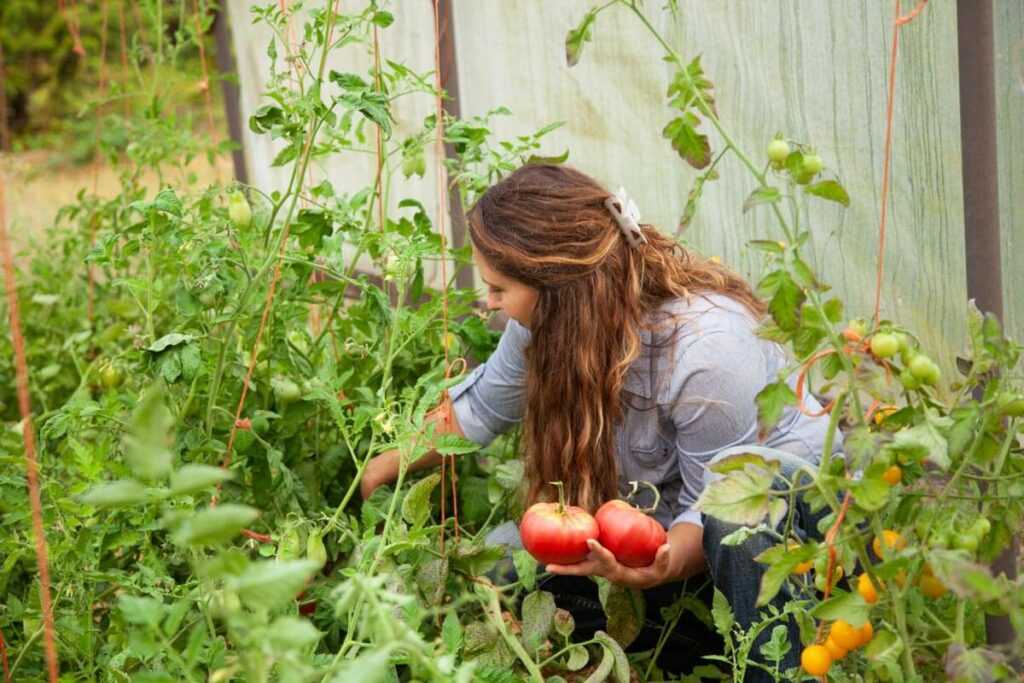
This series will touch on many of the homesteading basics, from keeping livestock, gardening, cooking, baking and preserving. We’ll cover them all.
Since this is a 101 series, I won’t be taking you too deep into these topics, but just a general overview. Then, from each of the corresponding posts, there will be more articles linked where you can dig deeper and learn more.
Verse of the Week: 2 Timothy 4:2-4
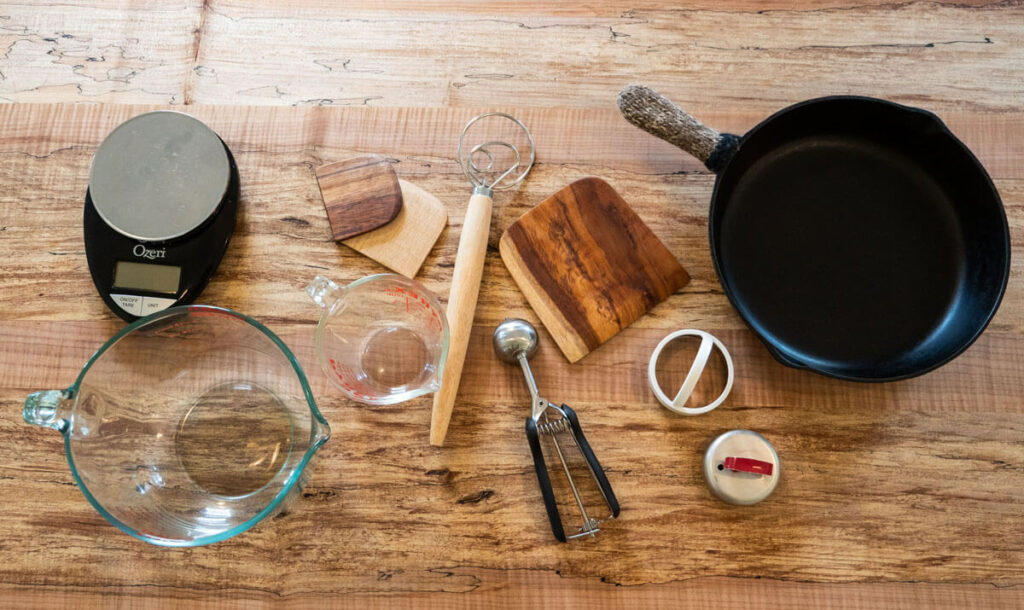
Other Posts You May Enjoy
- Debunking Common Garden Myths
- Avoid Overwhelm – Choosing What’s Right for Your Homestead
- 13 Steps to the Simple Life Your Great-Grandparents Knew
- Pioneer Kitchen – 100-Year-Old Basic Kitchen Tools to Still Use Today
- 6 Things Our Great-Grandparents Did Better Than Us
- Homesteading for Beginners- 9 Transition Tips from City Life
- Our New 40-Acre Homestead Property
- Biggest Homestead Mistakes We Made & What to Avoid
- Community Sufficiency vs. Self-Sufficiency
[fusebox_transcript]
